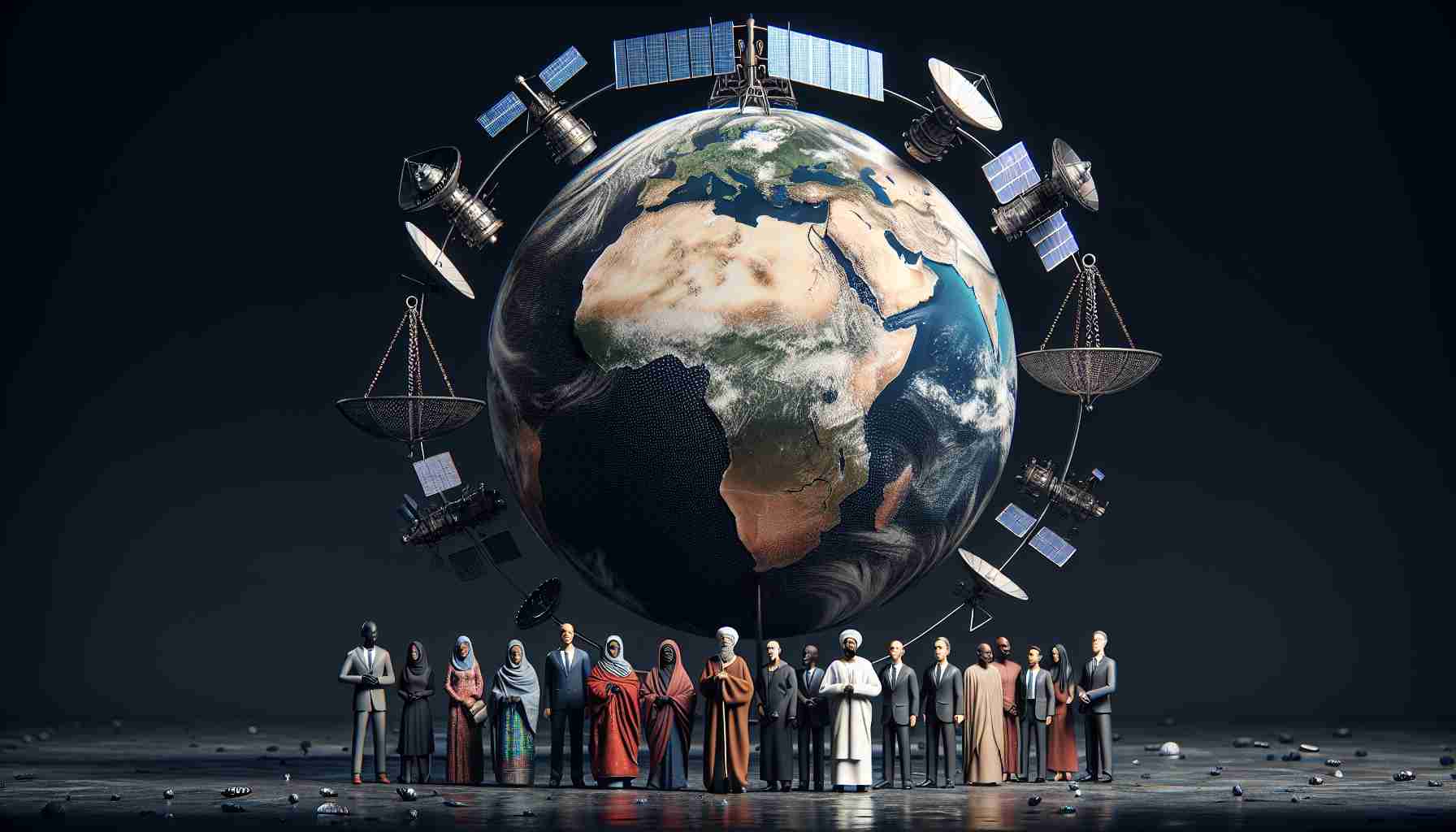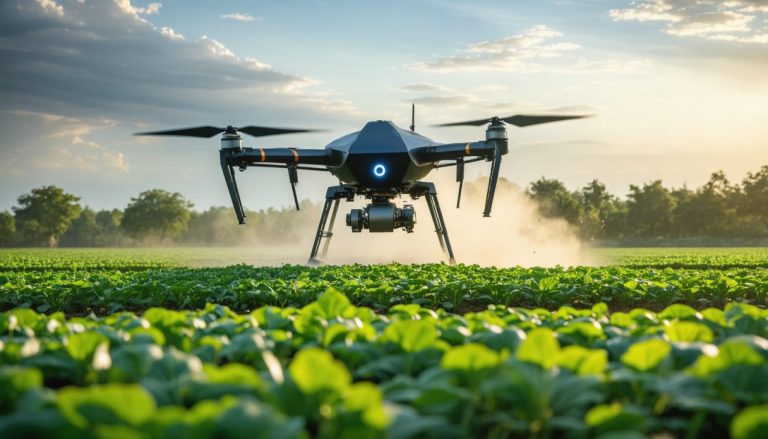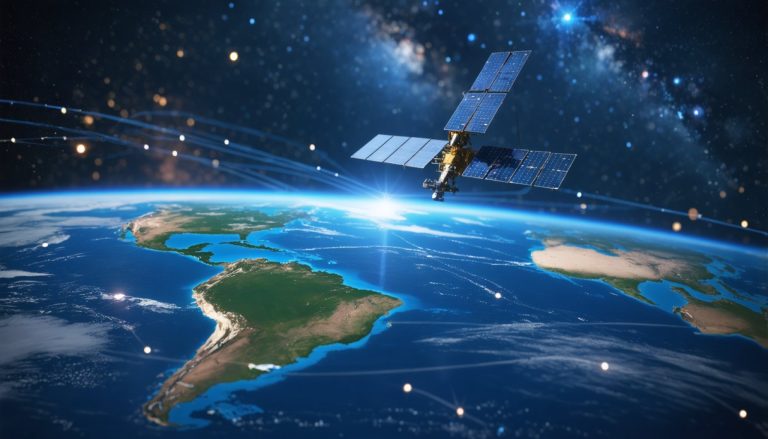
The Palestine Solidarity Network Aotearoa (PSNA) has expressed serious apprehensions regarding the potential use of satellites launched from New Zealand’s Māhia Peninsula. The organization alerted key government figures, including Judith Collins, the Minister for Space, and Peter Beck, CEO of Rocket Lab, about the likelihood that these satellites may play a role in surveillance activities that support Israel’s military operations.
John Minto, the national chair of PSNA, highlighted the specific involvement of companies such as BlackSky Technology, Capella Space, and HawkEye 360. He emphasized that BlackSky has a significant contract valued at USD 150 million to deliver detailed images and analysis to Israel, raising alarms about the possibility of this data being used to target civilian structures in regions like Gaza and Lebanon.
Minto urged the government and Rocket Lab to halt all current and future satellite launches for BlackSky immediately. Furthermore, he called for a comprehensive investigation into launches for Capella Space and HawkEye 360 to ensure compliance with international legal obligations.
A support lawyer for PSNA, Sam Vincent, reinforced the notion that New Zealand must prioritize its commitments under international law over any potential business interests. He pointed out that all three companies involved are set to participate in an upcoming geospatial intelligence conference in Israel, raising further ethical concerns.
Concerns Over Satellite Surveillance and International Accountability: An Emerging Global Challenge
In an era where technology is rapidly advancing, satellite surveillance has emerged as a powerful tool for various applications, ranging from environmental monitoring to military reconnaissance. However, this burgeoning capability raises significant concerns regarding international accountability and the ethical implications of surveillance practices. Recent developments have highlighted the urgent need to address these issues on a global scale.
Key Questions Regarding Satellite Surveillance
1. What constitutes acceptable use of satellite surveillance?
– The debate often centers around defining the boundaries of acceptable surveillance, particularly regarding privacy rights and state sovereignty. The challenge lies in balancing national security interests against individual rights and global norms.
2. How can international laws be established to regulate satellite surveillance?
– The existing legal framework surrounding space activity primarily focuses on peaceful uses of outer space. However, as technology evolves, there is a pressing need for updated treaties and agreements that specifically address satellite surveillance.
3. What role do private companies play in shaping surveillance policies?
– Private companies are increasingly entering the satellite market, which complicates accountability. The challenge is ensuring that commercial interests do not override ethical considerations and compliance with international law.
Challenges and Controversies
The discussion around satellite surveillance raises notable challenges, such as:
– Lack of Transparency: Many satellite operations are shrouded in secrecy, making it difficult for the public and even governments to understand the extent and intent of surveillance activities. This lack of transparency can lead to mistrust among nations and communities.
– Potential for Misuse: The data collected via satellite surveillance can be misused for military purposes, leading to violations of human rights and civilian privacy. Examples include targeting civilian infrastructure in conflict zones, as highlighted by criticisms against companies like BlackSky Technology.
– Ethical Implications: The ethical implications of using surveillance for military purposes pose a moral dilemma. Companies involved in these technologies grapple with their responsibility regarding the end-use of their products.
Advantages of Satellite Surveillance
– Enhanced Security: Satellite surveillance offers strategic advantages for national security, allowing countries to monitor potential threats and mitigate risks associated with terrorism or conflict.
– Environmental Monitoring: These technologies play a crucial role in monitoring climate change, deforestation, and disaster management, providing vital data that can inform policies and action plans.
– Improved Disaster Response: In emergencies, satellite images can offer real-time information that assists in coordinating humanitarian aid and response efforts.
Disadvantages of Satellite Surveillance
– Privacy Concerns: The pervasive nature of surveillance raises alarms regarding privacy and civil liberties, as unwarranted monitoring can infringe on individuals’ rights.
– Escalation of Conflicts: The use of satellites in military operations can escalate tensions between nations and contribute to international conflicts, undermining peace efforts.
– Dependence on Technology: Over-reliance on satellite data can lead to complacency in applying diplomacy and other non-military strategies, impacting decision-making processes in international relations.
Moving Forward: Towards Greater Accountability
As countries and companies navigate the complexities of satellite surveillance, it remains imperative to foster discussions about international accountability and the ethical use of technology. Establishing robust frameworks that include input from multiple stakeholders—governments, civil society, and the private sector—is essential in ensuring that satellite operations respect international norms and promote peace rather than exacerbate conflicts.
For more information on international space law and related topics, visit UNOOSA.



